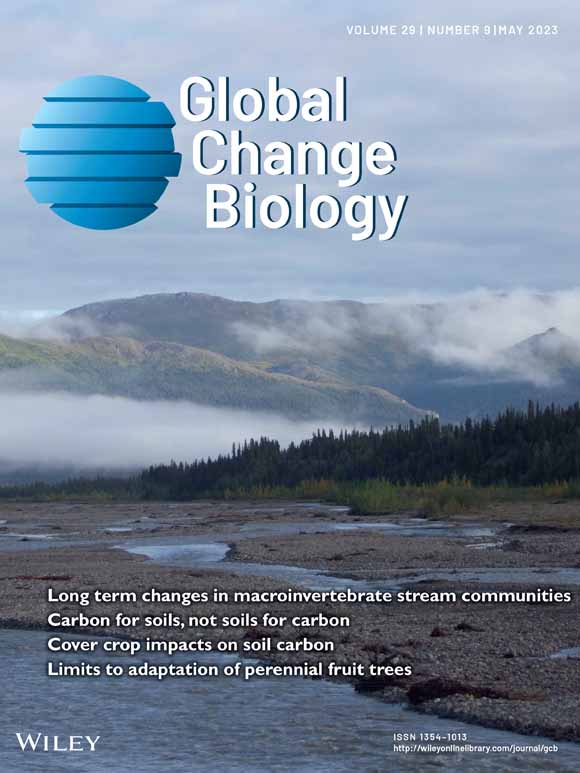
Target and Nontarget Analyses Reveal Similar Dissolved Organic Contaminant Patterns Relative to Quantified Catchment Characteristics along Two German Rivers
Distinct contributions of suspended and sinking prokaryotes to mesopelagic carbon budget
Oceans are important carbon sinks. Bacteria play a central role in carbon cycling because, collectively, they convert more organic material than all other marine organisms combined. Their activity acts as a “carbon pump”, ensuring that life is possible in the deep sea. The authors quantified the effect of bacteria in the middle ocean layers, known as the twilight zone, in the North-East Atlantic.
Current protected areas provide limited benefits for European river biodiversity
Protected areas are meant to preserve endangered species and stabilize ecosystems. But for many European rivers, this protection falls short. The research team examined the condition of rivers at over 1,700 locations in ten European countries across a period of almost four decades. The result: Existing protected areas have only brought about measurable improvements in a limited subset of rivers.
Flow variability and macroinvertebrates jointly regulate stream periphyton and metabolism: Insights from experimental stream mesocosms
In stream mesocosm experiments the authors tested how reduced flow and a sequence of controlled flushing events, with or without macroinvertebrates, affect periphyton community composition, algal biovolume, and ecosystem metabolism. Flow variability and macroinvertebrates control periphyton structure, metabolism, and carbon cycling, with macroinvertebrates stabilising responses to disturbance.
Advancements in Satellite Observations of Inland and Coastal Waters: Building Towards a Global Validation Network
This article highlights the importance of validating satellite-derived water quality products. The authors provide guidance for the scientific community on what to consider when implementing field campaigns to collect data for remote sensing validation needs.
Low contribution of oxic methane production in shallow productive lakes
Evolution of flood generating processes under climate change in France
A Systems Perspective: How Social–Ecological Networks Can Improve Our Understanding and Management of Biological Invasions

Effects of Biodiversity Loss on Freshwater Ecosystem Functions Increase With the Number of Stressors
Sub-daily stable water isotope dynamics of urban tree xylem water and ambient vapor
The authors combined in situ monitoring of stable isotopes and ecohydrological monitoring in different urban vegetation in Berlin. They provide novel insights on plant physiology and hydrological functioning through high-resolution isotope data to capture sub-daily plant water uptake and internal water cycling.








